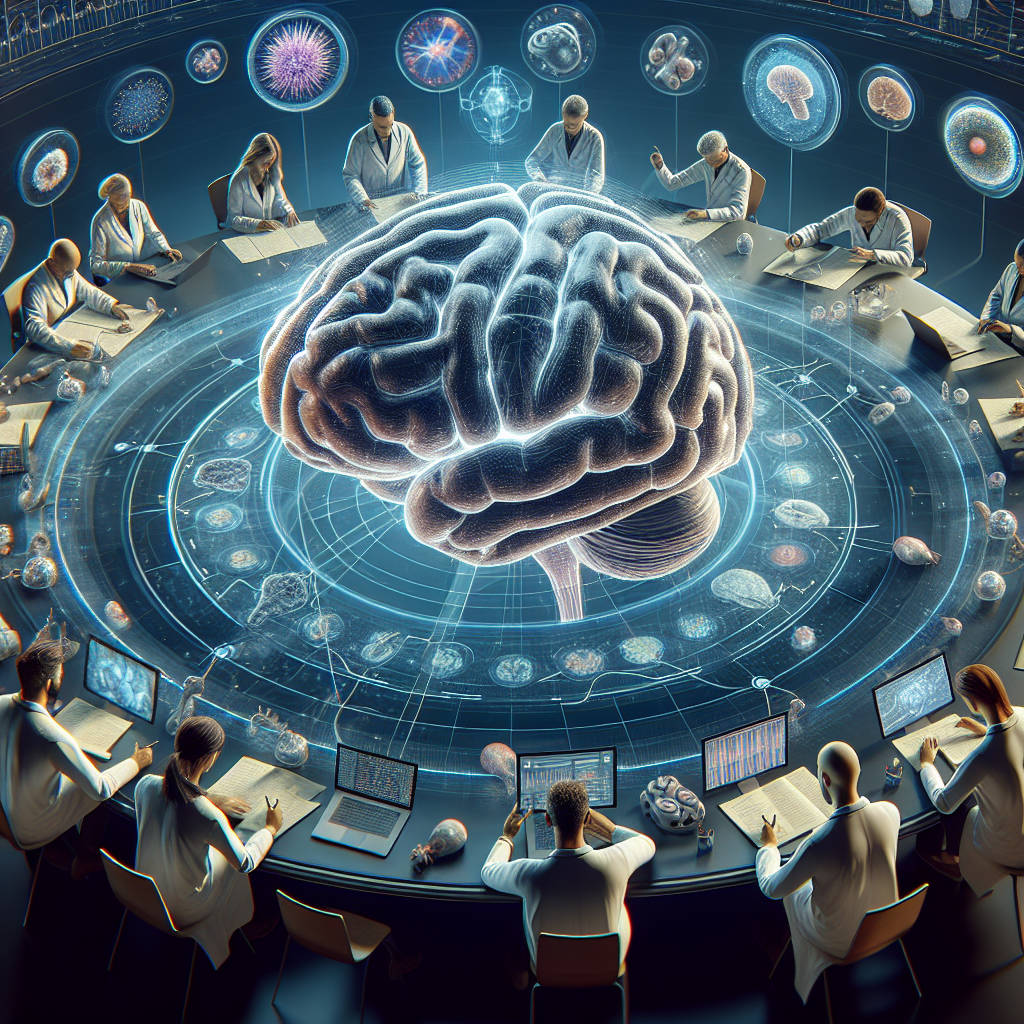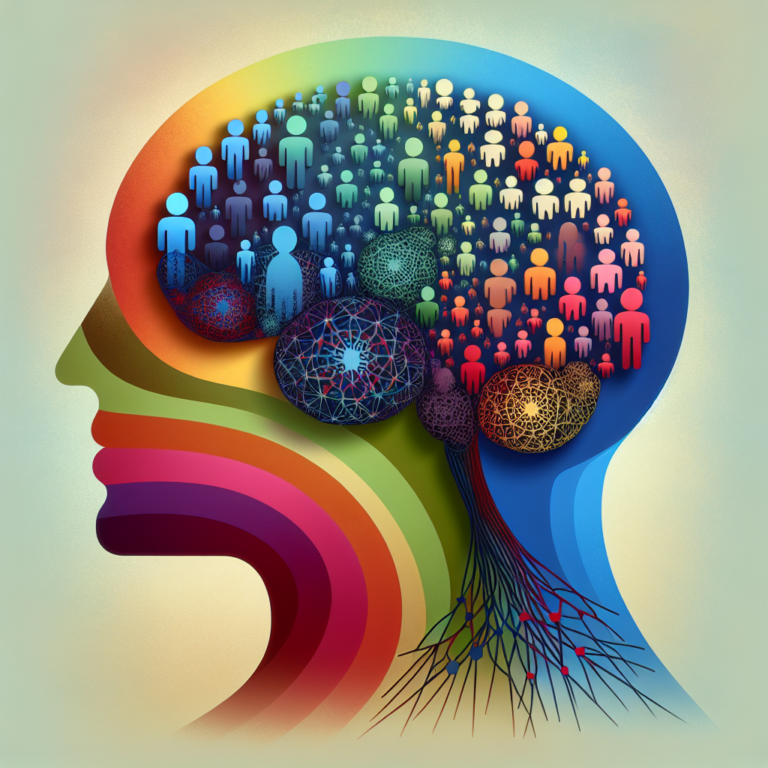
Introduction
Imagine waking up one day and realizing that the memories of your loved ones, the places you’ve traveled, and the experiences that shaped your life have begun to fade away. This haunting scenario is a reality for millions worldwide impacted by dementia. With an aging global population, understanding and addressing this complex, often misunderstood condition is more crucial than ever. This article—Decoding Dementia: The Ultimate Advances in Understanding the Disease—aims to unravel the complexities of dementia, delving deep into the latest research, innovations, and emerging strategies that offer both hope and understanding.
The Spectrum of Dementia
Understanding the Different Types of Dementia
Dementia is not a singular disease but a term that encompasses various conditions characterized by cognitive decline. According to the World Health Organization (WHO), over 55 million people live with dementia worldwide, a number expected to rise to 139 million by 2050.
- Alzheimer’s Disease: The most common type, responsible for 60-80% of dementia cases.
- Vascular Dementia: Often resulting from strokes or reduced blood flow to the brain.
- Lewy Body Dementia: Associated with abnormal protein deposits in the brain.
- Frontotemporal Dementia: Affects the frontal and temporal lobes, leading to changes in personality and behavior.
Table 1: Types of Dementia and Their Prevalence
| Type | Prevalence (%) | Main Symptoms |
|---|---|---|
| Alzheimer’s | 60-80 | Memory loss, confusion |
| Vascular Dementia | 10-20 | Impaired judgment, planning |
| Lewy Body | 10-15 | Hallucinations, motor issues |
| Frontotemporal | 5-10 | Personality changes |
Decoding Dementia: The Latest Advances in Understanding the Disease necessitates recognizing these differences, as they influence not only diagnosis but also treatment options.
Latest Research Developments
Biomarkers and Imaging Technology
Researchers are making strides in identifying biomarkers that can aid in early diagnosis. For instance, the use of positron emission tomography (PET) scans can detect amyloid plaques and tau tangles in the brain, hallmarks of Alzheimer’s disease.
Case Study: The Importance of Early Detection
In a study published in Nature Medicine, researchers found that individuals whose amyloid levels were monitored over time showed a significant delay in cognitive decline when they participated in early intervention programs.- Advancements in Blood Tests
New blood tests showing promise for detecting Alzheimer’s-related proteins—like Amyloid beta and p-tau—could revolutionize early detection, making it easier and less invasive than the current methods.
New Therapeutics
Drug Innovations
For decades, the treatment landscape for dementia has been limited. However, several new therapies are showing promise:
Aducanumab: This controversial monoclonal antibody targets amyloid plaques in Alzheimer’s patients and has received accelerated FDA approval.
- Analysis: While the approval has stirred debate, the drug symbolizes a pivotal moment in dementia treatment advancements.
Lecanemab: Recent trials indicated that Lecanemab slowed cognitive decline in early Alzheimer’s patients.
- Case Study: The Clarity AD Study
The results from the Clarity AD study provided compelling evidence for the effectiveness of Lecanemab in cognitive preservation and opened discussions on long-term patient management.
- Case Study: The Clarity AD Study
Non-Pharmacological Interventions
Non-drug therapies are gaining traction, emphasizing the holistic approach in dementia care, particularly for modulating symptoms.
Cognitive Stimulation Therapy (CST): Research indicates that CST can lead to improvements in cognitive function and quality of life.
- Mindfulness and Meditation: Studies suggest that these practices can help ease anxiety and depression, which are often prevalent in dementia patients.
Lifestyle Factors and Prevention
Decoding Dementia: The Latest Advances in Understanding the Disease must also consider modifiable risk factors. Research has highlighted that lifestyle choices can significantly influence dementia risk.
- Physical Activity: Regular exercise has been linked to improved cognitive function and lower dementia risk.
- Diet: The Mediterranean diet, rich in antioxidants, has been associated with a reduced risk of cognitive decline.
- Social Engagement: Maintaining social connections and mental engagements can be protective against dementia.
Table 2: Lifestyle Factors Affecting Dementia Risk
| Factor | Impact on Risk |
|---|---|
| Regular Exercise | Decreased |
| Brain-Healthy Diet | Decreased |
| Social Engagement | Decreased |
Understanding Caregiving Challenges
Support Systems for Caregivers
While advancements in research are essential, caregiving for individuals with dementia often presents emotional and logistical challenges. Providing care can feel overwhelming, making support systems crucial.
- Support Groups: Many caregivers find solace in sharing their experiences.
- Respite Care: Temporary relief services can offer vital breaks for primary caregivers.
Case Study: The Role of Community Support
A community in Wisconsin implemented a program that paired trained volunteers with caregivers, resulting in reduced stress levels and improved quality of life for both caregivers and those they cared for.
Technological Innovations in Dementia Care
Smart Technologies and Assistive Devices
Technology is revolutionizing dementia care, making everyday life easier for both patients and caregivers.
- Wearable Technology: Devices like smartwatches can track location and health metrics, providing peace of mind.
- Virtual Reality (VR): VR environments are being used therapeutically to stimulate cognitive function and improve mood.
Analysis of Findings
A study found that patients using VR experienced a noticeable improvement in cognitive stimulation, showcasing a promising avenue for engagement and entertainment in dementia care.
Conclusion
Decoding Dementia: The Ultimate Advances in Understanding the Disease is a journey filled with both scientific breakthroughs and profound human experiences. With each new discovery, we move one step closer to unraveling the mysteries of this complex condition. Whether it be through new medications, lifestyle interventions, or technological innovations, there is hope on the horizon.
For family members and caregivers, understanding these advances provides empowerment—tools to engage with their loved ones meaningfully. As we embrace these innovations and insights, the vision of a world where dementia is not only understood but managed effectively becomes more attainable.
FAQs
What is the most common type of dementia?
Alzheimer’s disease is the most prevalent, representing 60-80% of all dementia cases.Can dementia be prevented?
While there’s no guaranteed way to prevent dementia, maintaining a healthy lifestyle can reduce risk factors.What role does genetics play in dementia?
Genetics can play a role, particularly in early-onset Alzheimer’s, but lifestyle factors also significantly influence risk.What are some early signs of dementia?
Common early signs include memory loss, difficulty performing familiar tasks, and challenges in planning or solving problems.- Are there effective treatments for dementia?
While there are treatments that can help manage symptoms, current medications cannot stop the progression of dementia. However, new drugs and therapies are continuously being researched.
By embracing this journey of Decoding Dementia: The Latest Advances in Understanding the Disease, we not only honor those affected but are equipped to forge a brighter path forward.















